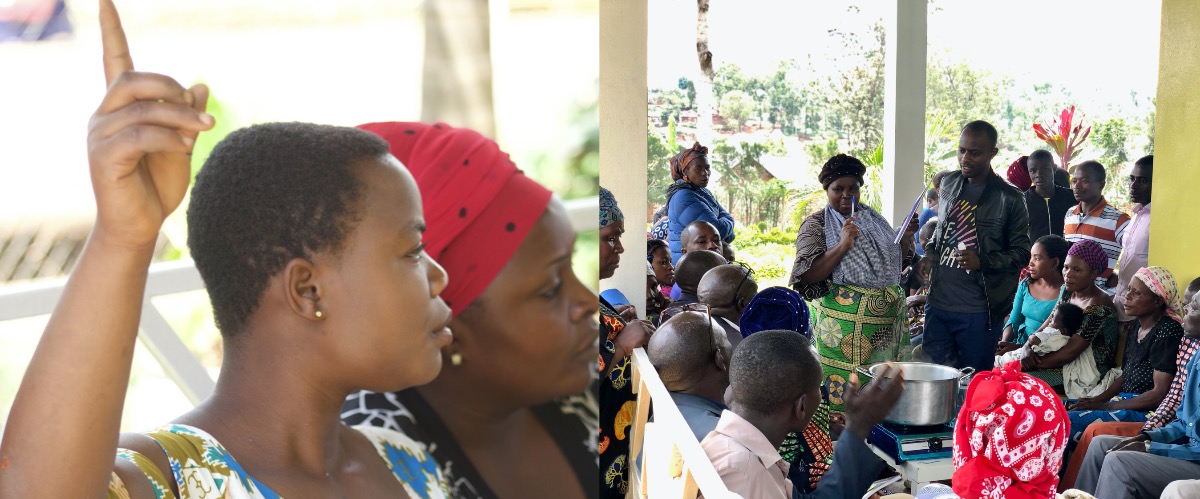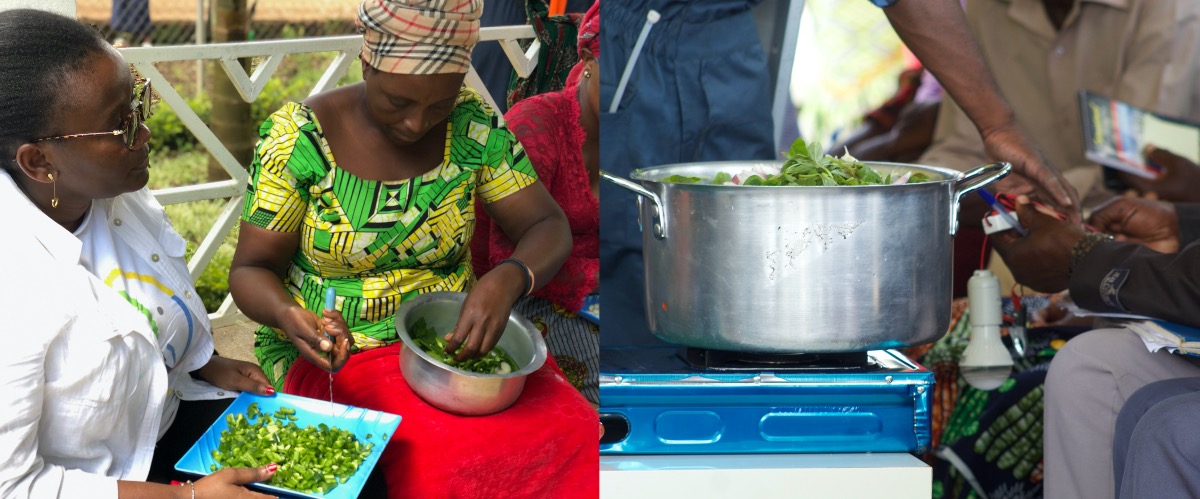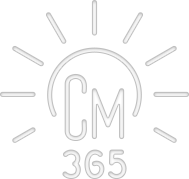For most of us, it’s difficult to even imagine life without access to a consistent source of energy. Lights to flip on when the sun goes down. Music to turn up while cleaning the house. Flames to adjust as you cook dinner. All at the tips of our fingers. But for the families living in Mudaka, Asili’s Zone 3 of operations, getting energy to fuel daily life is a challenge, every single day.
Most families don’t have any access to consistent electricity. Instead their homes are covered in complete darkness at night. And getting charcoal to cook meals is not just time-consuming, it can be dangerous, not to mention destructive to the environment. It takes a lot of trees from far- reaching places to cook consistently. And women and children are most often the ones to get it.
The Asili team is well aware of these challenges. And they’ve been drumming up ways to bring more sustainable energy sources and tools to Asili communities. But first, they wanted to test out some products and gauge interest…what do people want? What do they need most?

To start, the team knew that cooking was a big problem, especially for moms. “Taking care of their kids is always top of mind,” said Mama Josee, one of Asili’s all-star community mobilizers.. “Everyday they think, where will they get food today?”
Right now, moms are using wood and charcoal to cook. So when we sat down with Mama Josee and the rest of the team about how exactly to gauge the community’s interest, they had an idea…

….could we do a cooking demonstration, Food Network style, with a few clean-energy cooking tools and see what people think?
That seemed very doable! So we set out to Mudaka with a solar stove and gas stove in tow, gathered some families who had been assisting in clean energy research with the team, and cooked up some Congolese classics. Foufou, sambe, rice, and goat meat…the Asili mamas showed families the ins and outs of how to use these charcoal-avoiding appliances.
“Everyone saw that it was easy!” said Mama Josee after demonstrating to the crowd how it’s done. “There was no smoke, nothing dirty. Everything was clean.”
The people gathered were clearly excited and wanted to learn how they could get their own stoves. This gives the Asili team something to chew on — how can they make these tools not just available, but affordable for them? A business plan for the future, kicked into gear.
Photos by Lens on Life photographers, Operation Goma (DRC): Kennedy Ngoa and Michel Basizi

